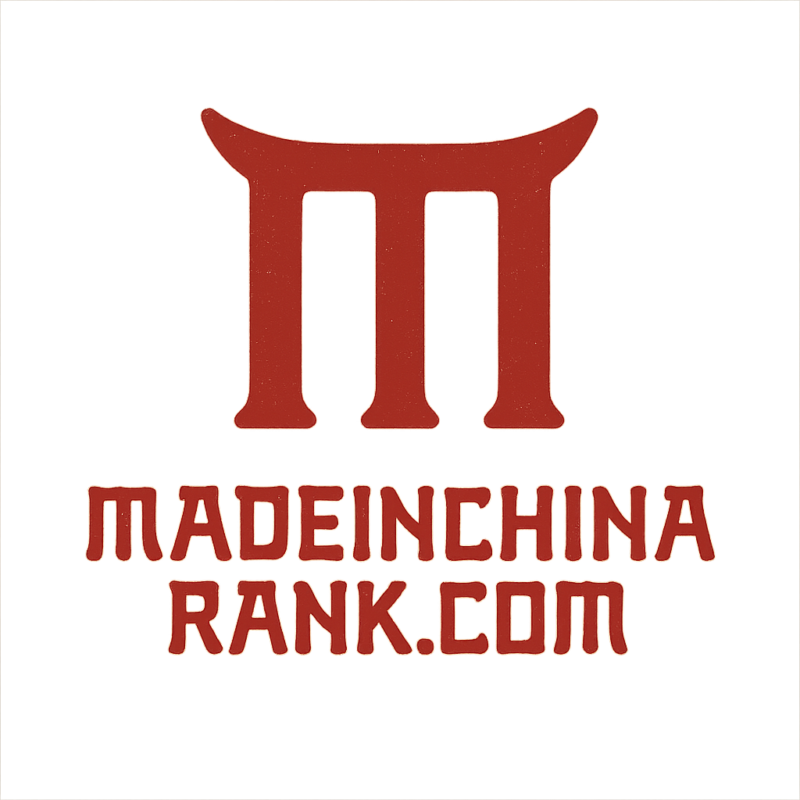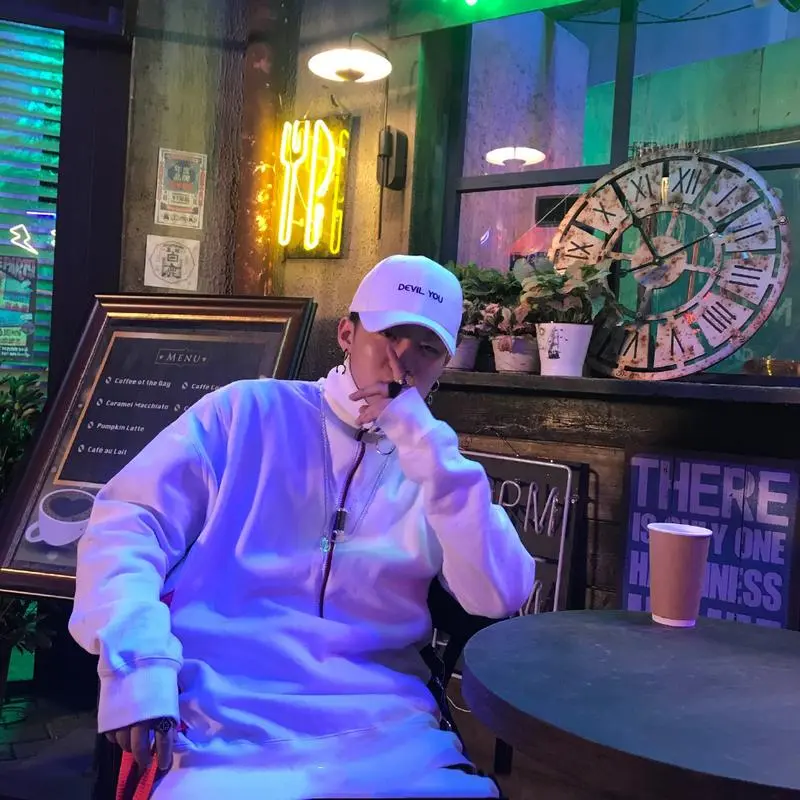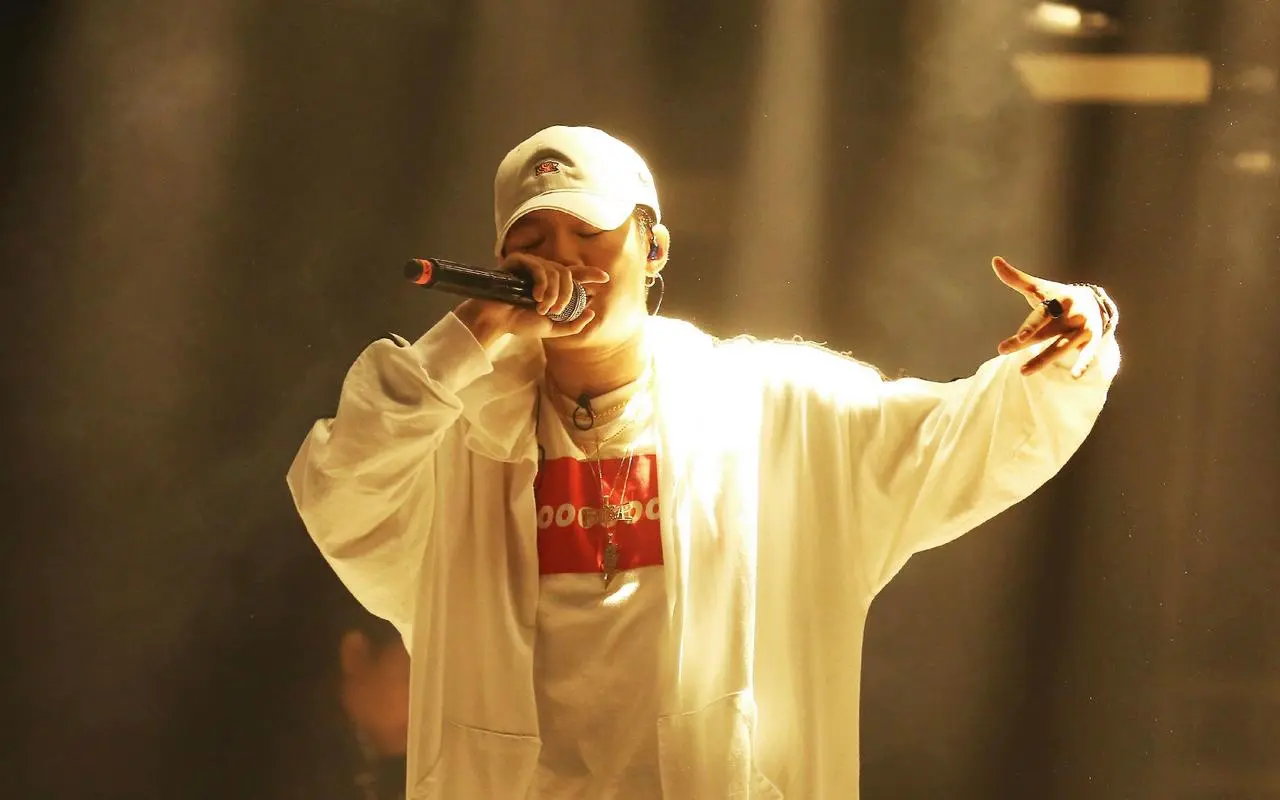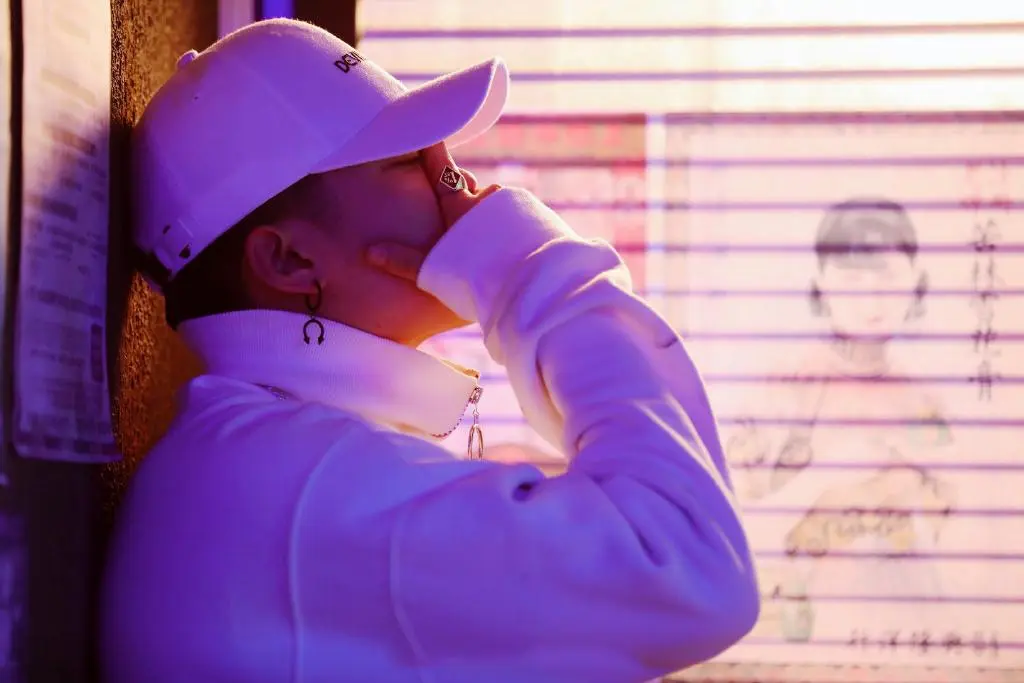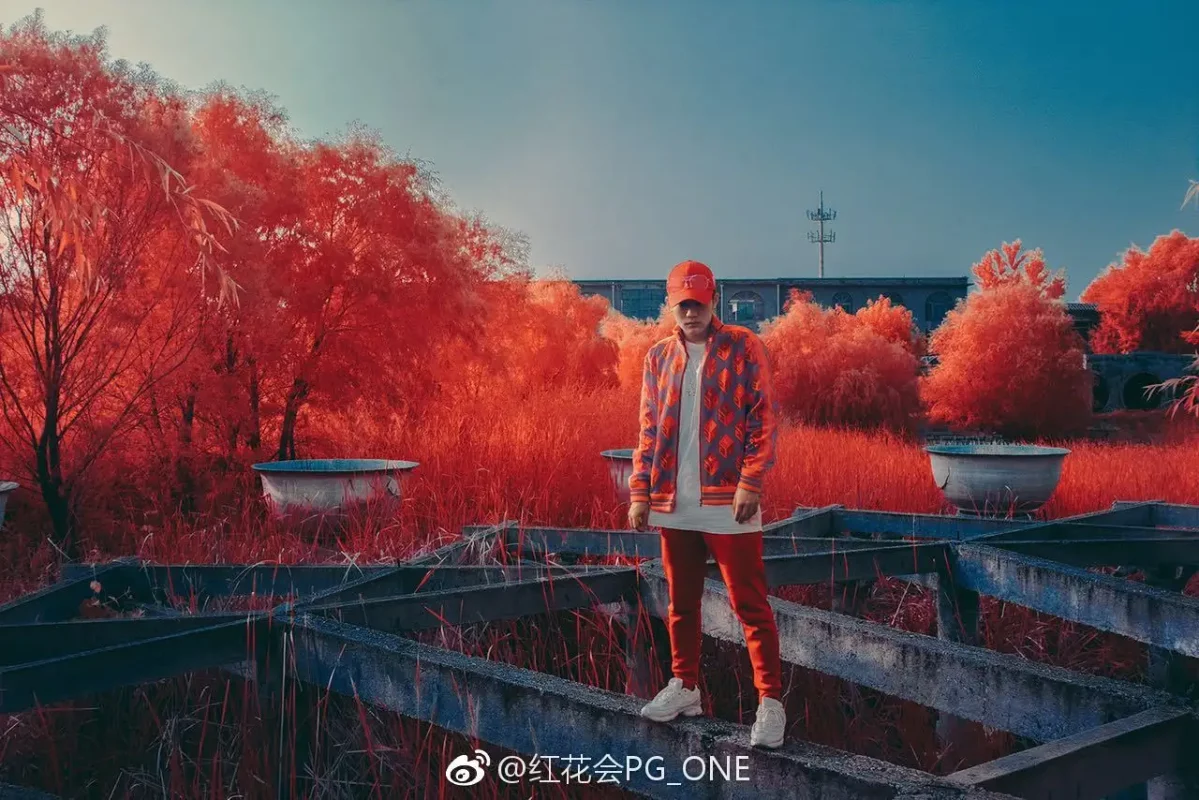In the dynamic realm of contemporary Chinese hip-hop, one name has risen to prominence with unparalleled swiftness and impact – PGone. With an enigmatic persona, thought-provoking lyrics, and a raw, unapologetic style, PGone has not only made waves within the music industry but has also ignited discussions about cultural expression, artistic freedom, and the societal boundaries that art can push.
A Catalyst for Change
Born on May 11, 1988, in Harbin, China, as Zhou Yan, PGone’s journey into the world of hip-hop was unconventional and marked by challenges. Hailing from a background far removed from the glitz of the entertainment industry, PGone’s early life experiences shaped his unique perspective on music and society. Raised in an environment that exposed him to the realities of social inequality, economic disparity, and personal struggles, his lyrical content often delves into these topics, making his music both relatable and provocative.
Lyricism Beyond Boundaries
PGone’s lyrical prowess stands as a cornerstone of his identity as an artist. His lyrics weave a tapestry of emotions, thoughts, and observations, addressing topics that resonate deeply with his listeners. His verses are marked by a blend of poetic beauty and stark reality, creating a compelling contrast that captivates and challenges his audience. His authenticity and willingness to expose his vulnerabilities in his music have earned him a dedicated fanbase, as listeners find solace and resonance in his words.
From his early tracks to his more recent releases, PGone’s lyrical range encompasses themes such as inequality, societal pressures, personal growth, and resilience. He skillfully narrates stories of individuals struggling against odds, encapsulating the human experience within his verses. These themes not only make his music relevant to a wide audience but also position him as a chronicler of modern Chinese society.
Controversy and Cultural Critique
PGone’s rapid ascent to fame was accompanied by a whirlwind of controversy. His 2017 track “Christmas Eve” catapulted him into the limelight, not only for its catchy beat but also for its starkly explicit lyrics that tackled societal issues with uncensored bluntness. The song’s content ignited debates about the boundaries of artistic expression and the role of hip-hop in reflecting on China’s rapidly evolving society.
However, this newfound fame came at a cost. PGone’s provocative lyrics were met with swift backlash from certain segments of society and even government officials, leading to his music being removed from streaming platforms and his performances being canceled. The controversy surrounding PGone’s work opened up conversations about artistic freedom, censorship, and the tension between creative expression and societal norms.
The Evolving Legacy
PGone’s impact on Chinese hip-hop extends beyond his music. His story has become emblematic of the larger struggle for creative freedom in a society that places a strong emphasis on cultural conformity. While his unfiltered lyrics have sparked debates and his bold persona has courted controversy, they have also ignited conversations about the evolving nature of art in a changing world.
As PGone continues to navigate the complex landscape of the Chinese entertainment industry, he remains a symbol of resilience and artistic integrity. His journey is a testament to the power of music to provoke thought, inspire change, and challenge the status quo. In an era where artists can wield their words as instruments of transformation, PGone has emerged as a trailblazer pushing the boundaries of what is acceptable and necessary in artistic expression.
Looking Forward
In the world of Chinese hip-hop, PGone’s journey is far from over. His evolution as an artist and the impact of his music on the cultural fabric of China continue to unfold. As societal norms shift and artistic expression finds new avenues, PGone’s influence will undoubtedly play a role in shaping the conversations and narratives of the future.
In an era where art and culture are in a constant state of flux, PGone’s legacy stands as a reminder that music is not just a form of entertainment but a vessel for dialogue, change, and the exploration of human experiences. Whether celebrated or critiqued, PGone’s name will forever be intertwined with the ongoing narrative of Chinese hip-hop and its role in shaping the artistic landscape of the nation. As the world watches, PGone’s journey becomes a mirror reflecting the changing tides of artistic expression, societal acceptance, and the enduring quest for authenticity.
